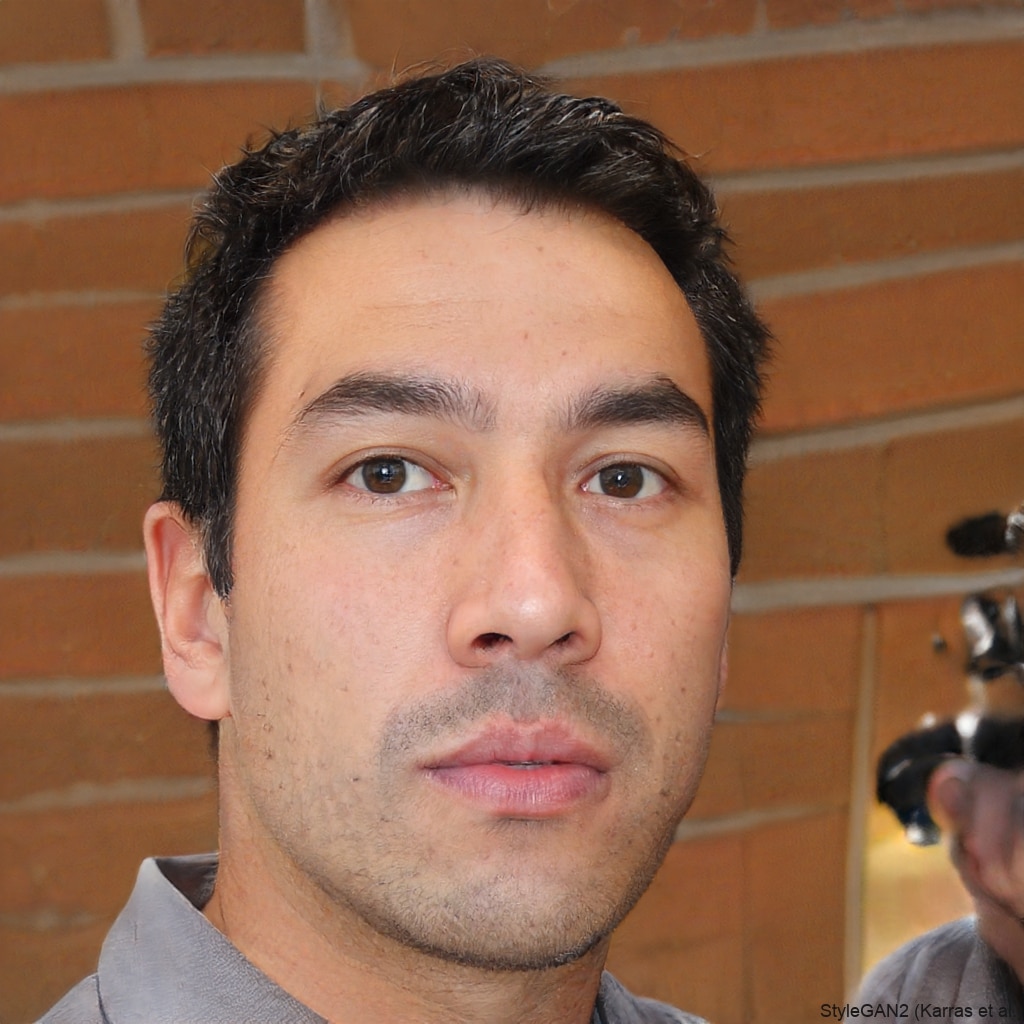Sustainable plumbing practices are gaining traction in Brighton. The area's environmentally conscious residents are exploring a number of innovative ways to reduce both their ecological footprint and their utility bills. Among these, one of the simplest we have encountered is the installation of low-flow plumbing fixtures that perform capably while using much less water than their predecessors. Brightonians are outfitting their homes with low-flow models of just about every kind of bathroom fixture, and in many homes, dual-flush toilets that let the user choose between a full flush and a partial one are now the norm. A lot of folks we know also employ modern faucet aerators. These "aerate" the water that comes out of the faucet by mixing it with air and thus reducing the amount of water that flows from it in a very controlled and very usable way. When one meditates on the simplicity and the effectiveness of these measures, one is led to wonder what other plumbing practices could be made similarly sustainable.
Brighton favors the plumbing of the planet. In another strategic move toward eco-friendly plumbing, the city is incorporating rainwater harvesting systems into new construction. These systems collect rainwater and direct it to natural uses on the property—landscaping, toilet flushing, or car washing—making effective use of the natural resource. Raw water from harvested rain is not treated to potable standards. In this strategy, the very limited use of raw water is a not insubstantial conservation win. It more than halves the potential use of treated water during times of watering restriction. And even under normal circumstances, saving treated water saves energy, because the energy used to move and treat water far exceeds the energy needed to move the water back into the natural hydrology of the site. Here are some of the findings.
Another critical component of eco-friendly plumbing practices in Brighton is the selection of energy-efficient systems for heating water. Conventional hot water heaters are not very efficient and can use a lot of energy, so substituting them for more sustainable options like tankless or solar heaters means making good eco-conscious decisions. Tankless water heaters, which provide instant hot water on demand, could eliminate all storage tank-related standby energy losses. This means if you have a tankless water heater, you don't have to pay for the water that goes through the pipes when it comes out hot all the time, which is a pretty good setup. On the other hand, if you don't have access to a lot of natural gas, are paying way too much for it, or just want to use more renewable energy, then solar water heaters could work well for you. The third option, heat pump water heaters, which are similar to how the air conditioning (an Energy Star-rated appliance) in a house works.










